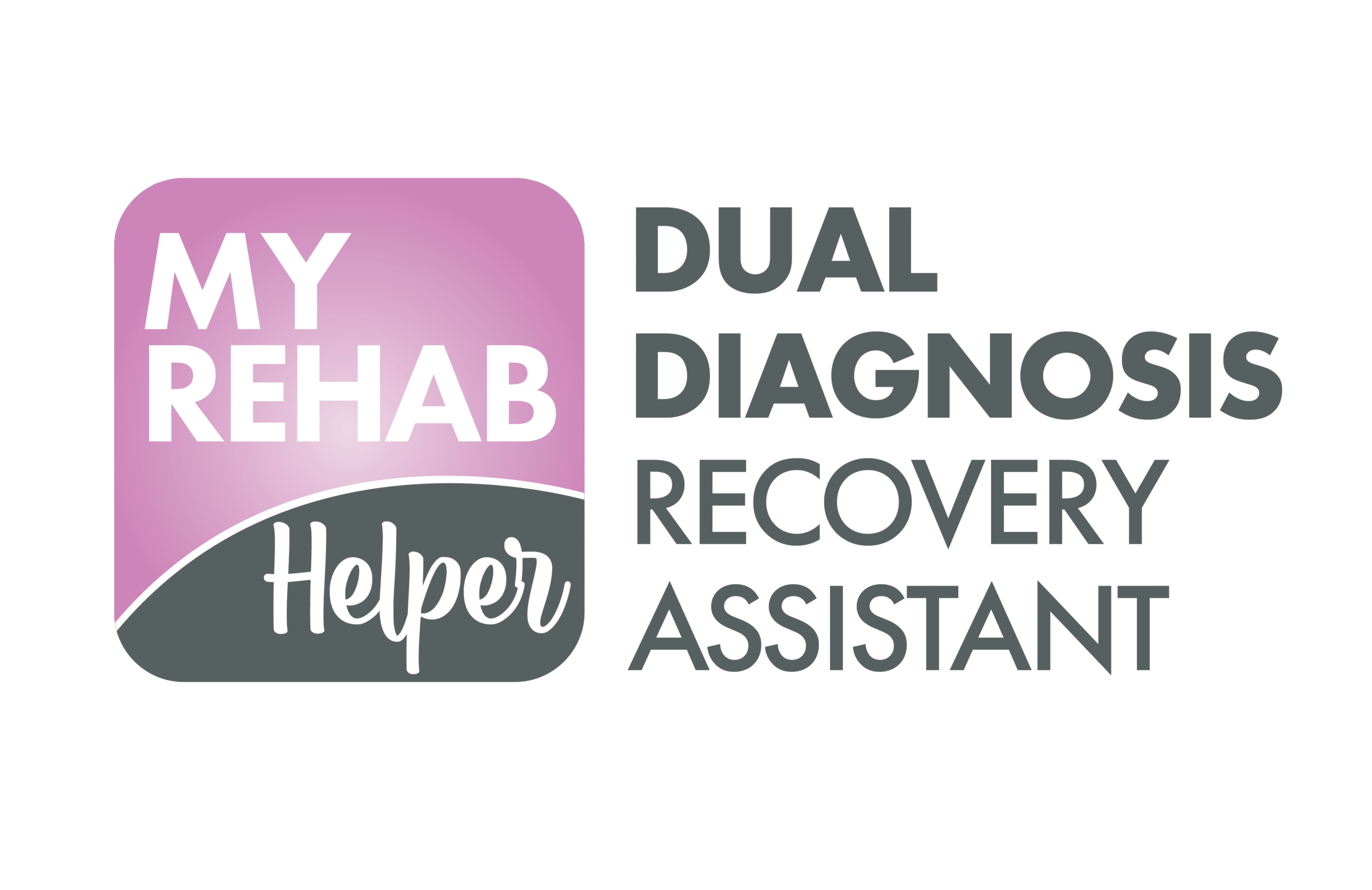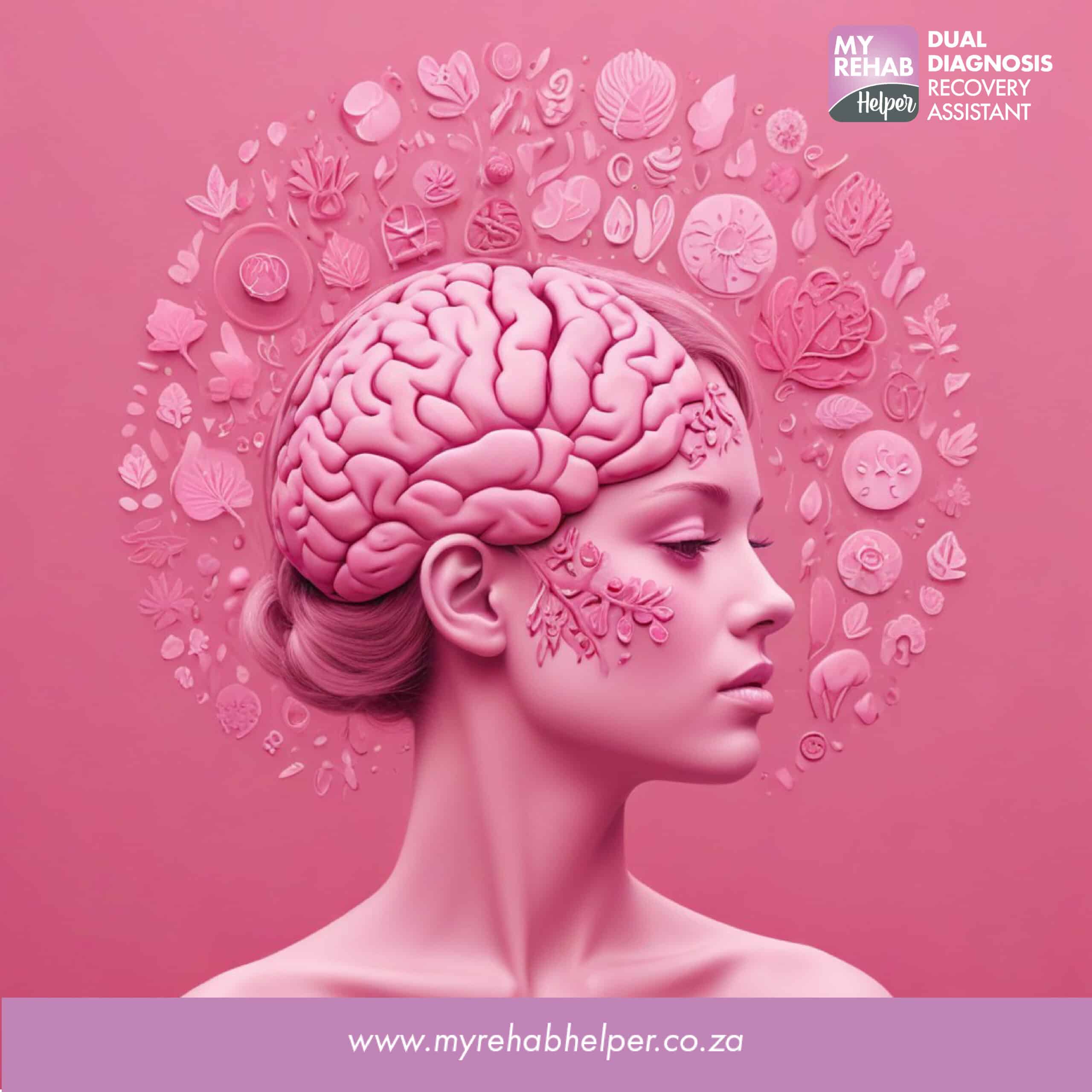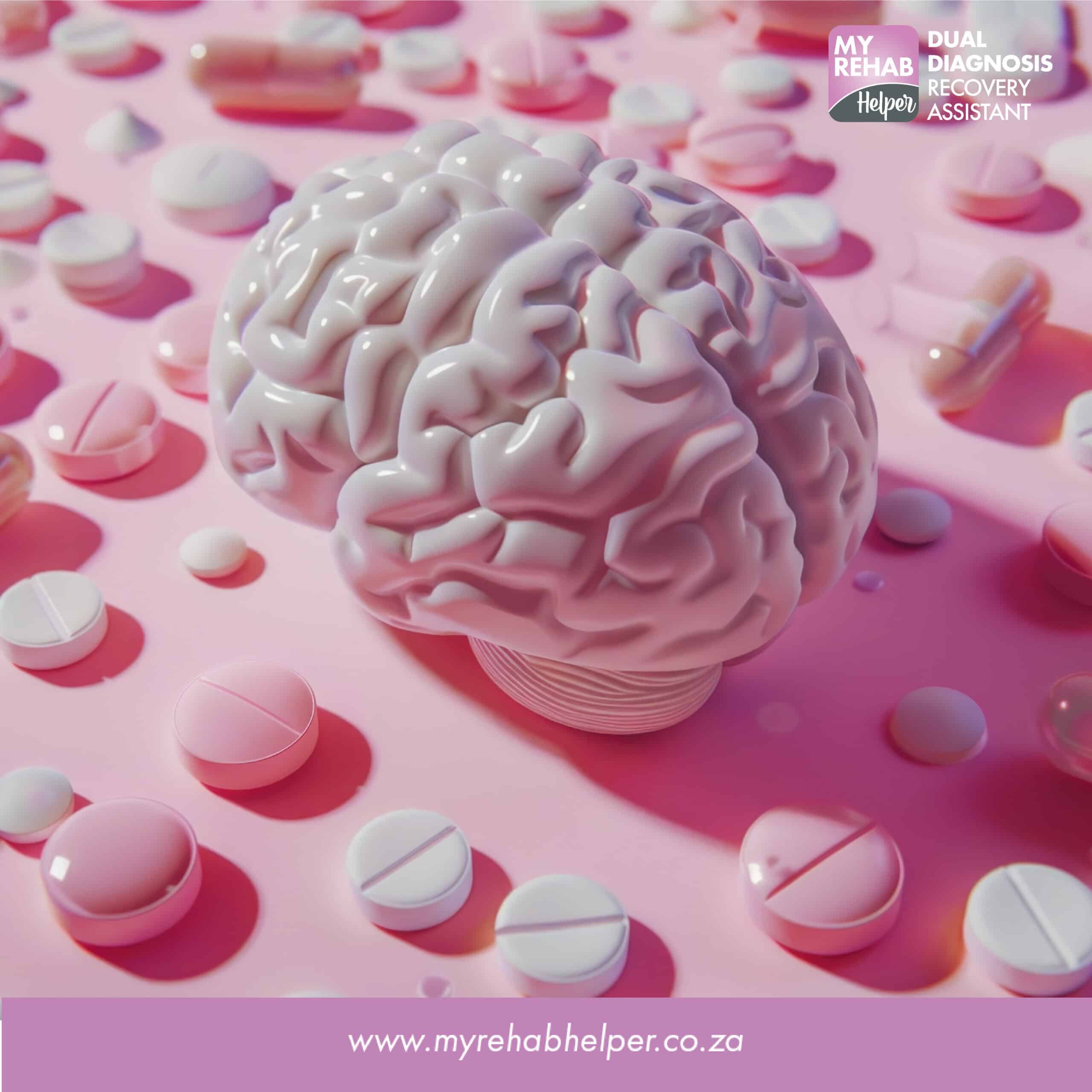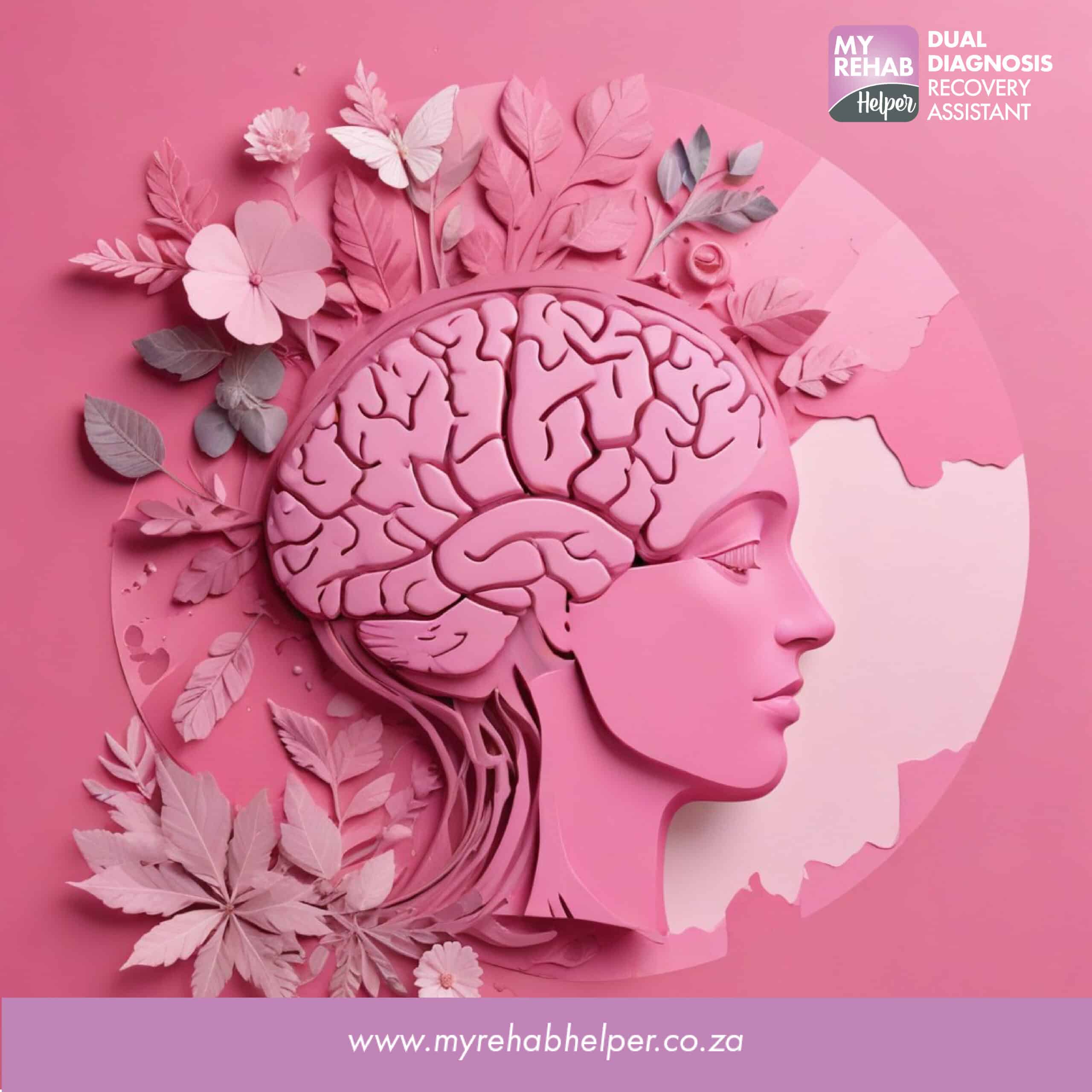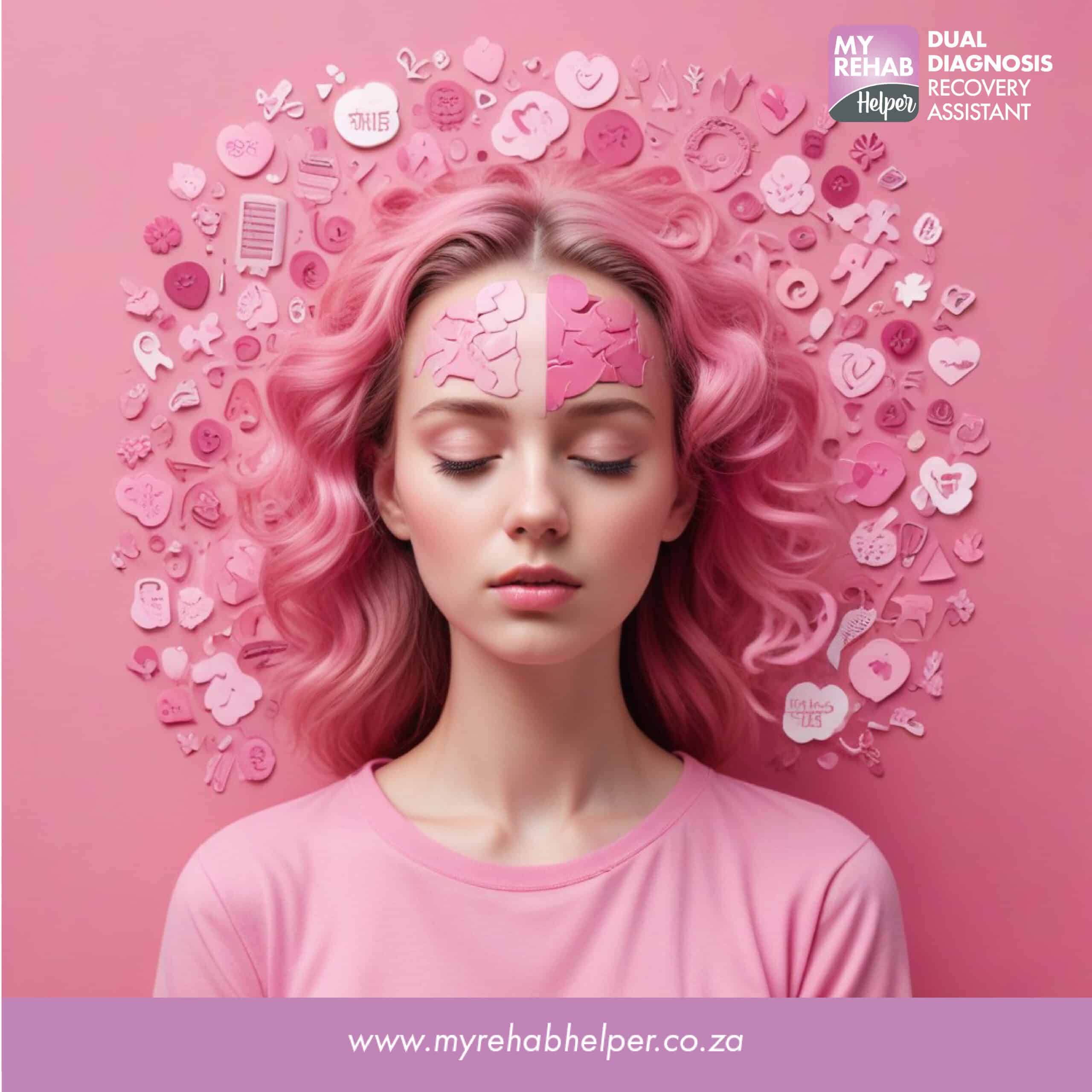Please note that our Midrand location is now at 181 Bekker Road, Vorna Valley, Midrand, and our MyRehab Helper Midrand contact number is 072 793 7717.
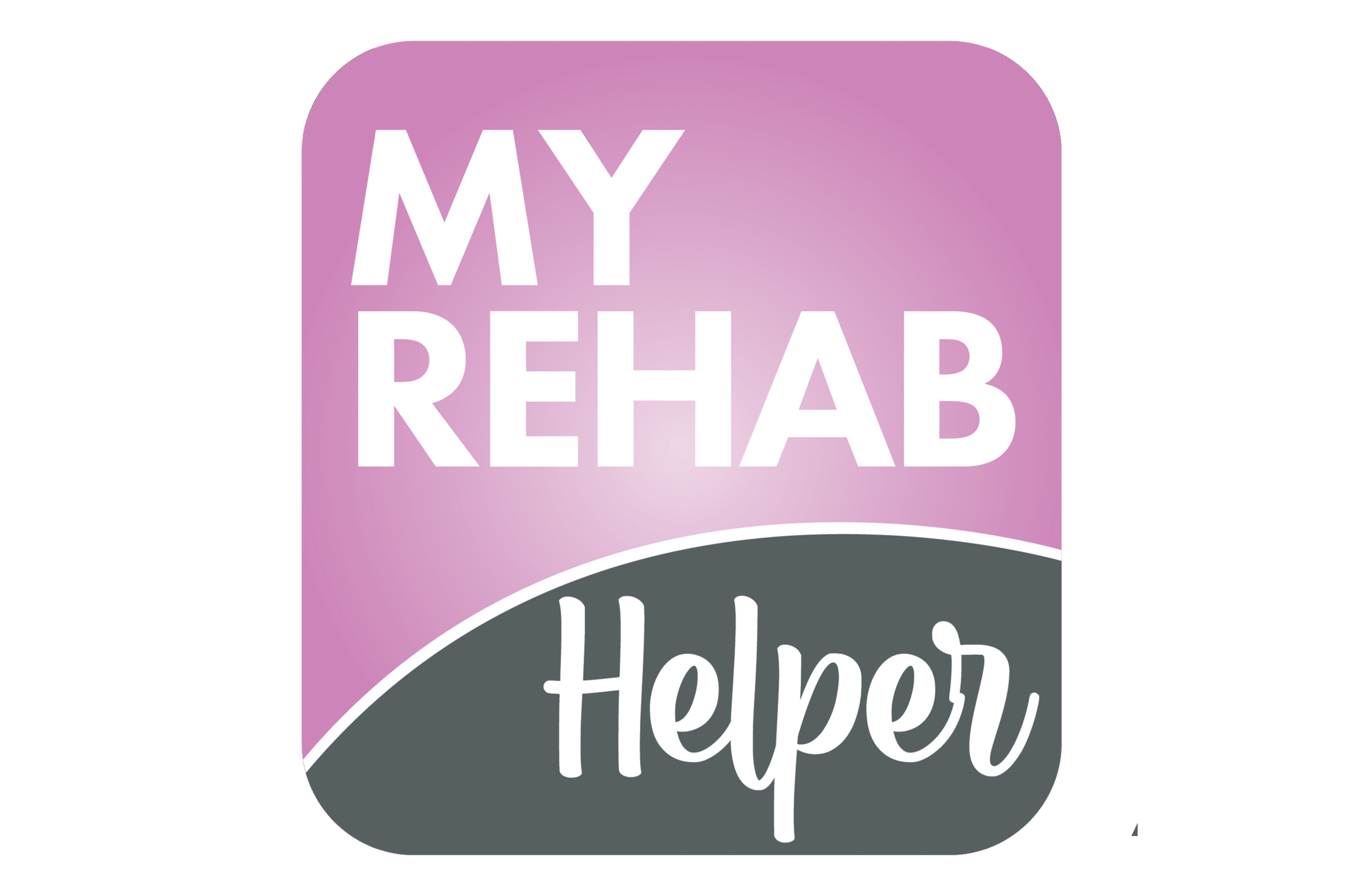
Relapse Prevention Techniques in Midrand Treatment Centres
Relapse Prevention in Drug Abuse Treatment Centres in Midrand
Importance of Relapse Prevention in Drug Abuse Treatment Centres in Midrand
Relapse prevention is crucial in drug abuse treatment centres in Midrand. Effective relapse prevention strategies help individuals maintain their sobriety by identifying triggers and developing coping mechanisms. These strategies include ongoing therapy, support groups, and lifestyle changes that promote long-term recovery. By prioritizing relapse prevention, treatment centres provide the necessary tools and support for sustained sobriety and improved quality of life.
Understanding Relapse Prevention
Relapse prevention is a critical component of recovery, focusing on identifying and managing triggers that could lead to a return to substance use. It involves developing coping strategies, building a strong support network, and making lifestyle changes to support sobriety. Through continuous therapy and education, individuals learn to recognize early warning signs and take proactive steps to avoid relapse. Understanding and implementing relapse prevention techniques are essential for achieving and maintaining long-term recovery.
Strategies Used in Treatment Centres
Our Treatment centres employ various strategies to support individuals in their recovery journey. Cognitive-behavioral therapy (CBT) helps clients identify and change negative thought patterns and behaviors. Motivational interviewing encourages self-motivation and commitment to change. Group therapy provides a supportive environment for sharing experiences and learning from others. Additionally, holistic approaches like mindfulness, exercise, and nutrition are integrated to promote overall well-being and sustained recovery.
Call one of our MyRehab Helpers now!
Contact one of our helpers for ethical referals to a facility or health care professional that suits your unique circumstances.
Lifestyle Adjustments for Recovery
Lifestyle adjustments are essential for a successful recovery, promoting long-term health and sobriety. Incorporating regular exercise, balanced nutrition, and sufficient sleep helps improve physical and mental well-being. Building a strong support network of friends, family, or support groups provides emotional stability and encouragement. Additionally, engaging in new hobbies and activities can create a sense of purpose and fulfillment, reducing the risk of relapse.
The Role of Therapy in Recovery
Therapy plays a pivotal role in the recovery process, offering individuals the tools and support needed to overcome addiction. Through various therapeutic approaches, such as cognitive-behavioral therapy (CBT) and individual counseling, clients learn to identify and manage triggers, develop healthy coping mechanisms, and address underlying emotional issues. Group therapy fosters a sense of community and shared experiences, providing additional support and motivation. Overall, therapy is essential for achieving lasting recovery and improving overall mental health.
Comprehensive Support Systems
Support systems provide necessary resources. They offer emotional and practical support. This is crucial for long-term recovery.
Techniques for Coping with Cravings
Coping with cravings is a critical aspect of maintaining sobriety during recovery. Mindfulness techniques, such as meditation and deep breathing, help individuals stay present and reduce the intensity of cravings. Cognitive-behavioral strategies involve identifying and challenging thoughts that lead to cravings, replacing them with healthier alternatives. Engaging in physical activities or hobbies can distract the mind and provide a positive outlet for stress. Additionally, having a strong support network to talk to during difficult moments can provide encouragement and accountability, aiding in the management of cravings.
Ongoing Monitoring and Support
Continuous monitoring helps identify potential relapses. Support is adjusted based on individual progress.
Role of Community in Relapse Prevention
The community plays a significant role in recovery. It offers a network of support. This enhances the relapse prevention efforts.
Importance of Personal Development
Personal growth is encouraged during recovery. It enhances self-awareness and self-management. These are key to maintaining sobriety.
Educational Programs on Addiction
Educational programs on addiction play a crucial role in raising awareness and providing essential knowledge about substance abuse and recovery. These programs offer insights into the physical and psychological effects of addiction, helping individuals understand the impact on their health and well-being. They also provide information on the stages of addiction, the importance of early intervention, and the various treatment options available. By equipping individuals, families, and communities with this knowledge, educational programs foster informed decision-making and support efforts towards prevention and recovery.
Call one of our MyRehab Helpers now!
Contact one of our helpers for ethical referals to a facility or health care professional that suits your unique circumstances.
Integrating New Habits for Sobriety
New habits are integrated during treatment. They replace old, harmful patterns. This transition is essential for recovery.
Customized Relapse Prevention Plans
Customized relapse prevention plans are essential for maintaining long-term sobriety, tailored to address the unique needs and triggers of each individual. These plans involve identifying specific high-risk situations and developing personalized coping strategies to manage cravings and stress. Regular therapy sessions, support group participation, and ongoing education are integral components, providing continuous guidance and reinforcement. By focusing on individual strengths and challenges, customized relapse prevention plans enhance resilience and promote sustained recovery.

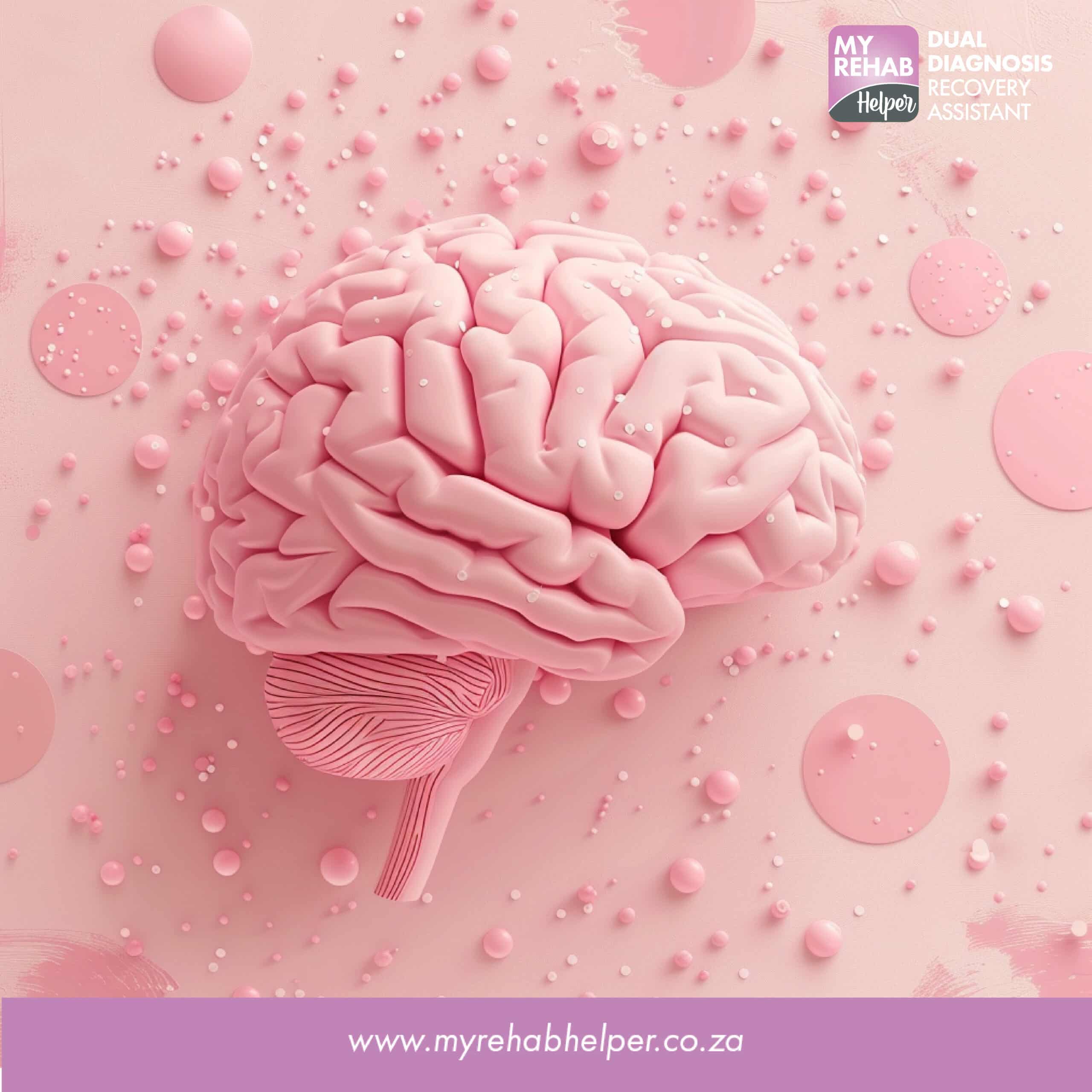
Building Resilience Against Relapse
Resilience building is a focus of treatment. It involves strengthening emotional and psychological capacities.
Expert Guidance Throughout Treatment
Experts guide patients through recovery. Their experience is vital for navigating recovery challenges.
Empowering Individuals in Recovery
Patients are empowered to take control of their recovery. They learn to manage their conditions effectively.
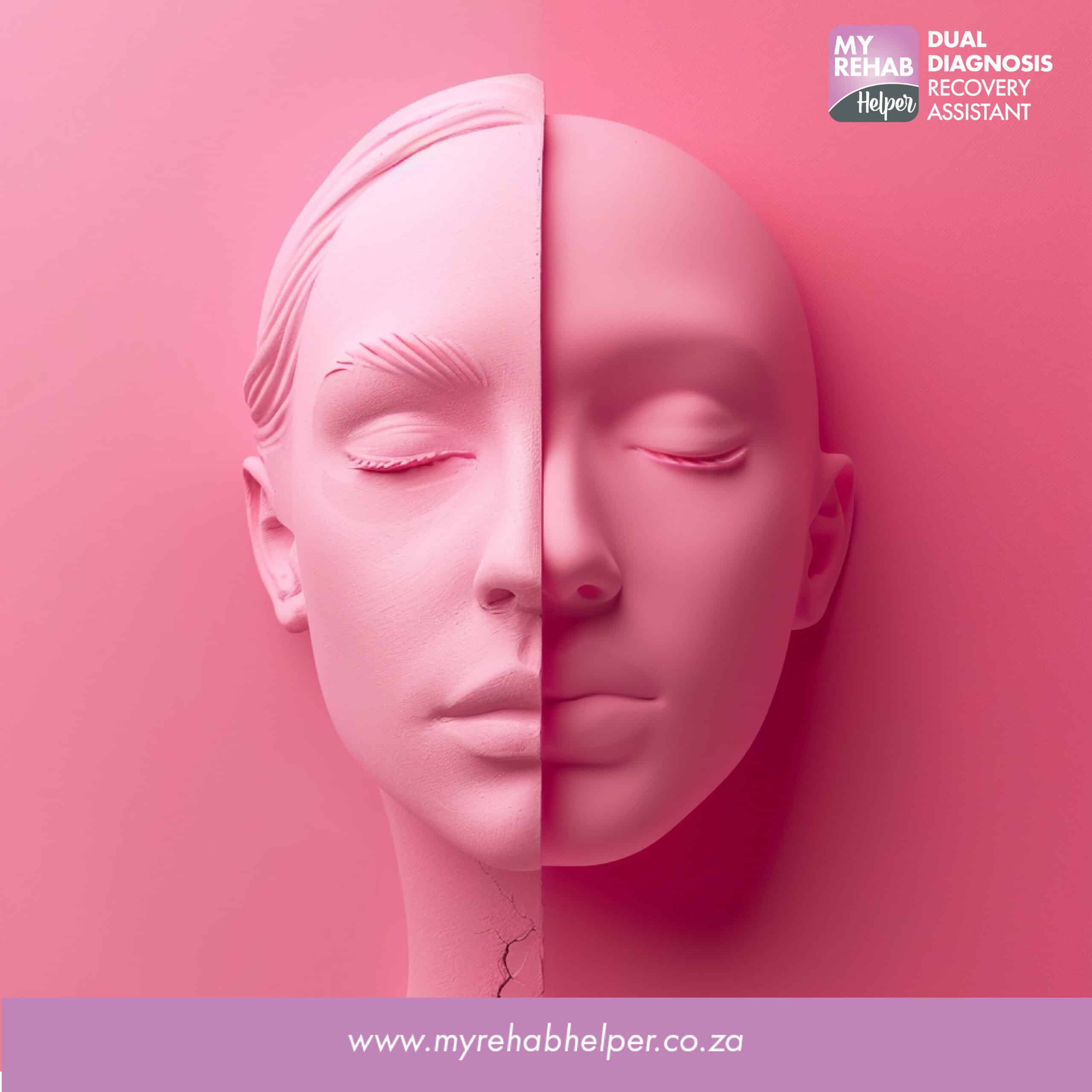
Contact MyRehab Helper for Reliable Assistance
Contact MyRehab Helper for guidance on effective drug abuse treatment centres in Midrand. Our services aim to provide reliable and ethical recovery support.
